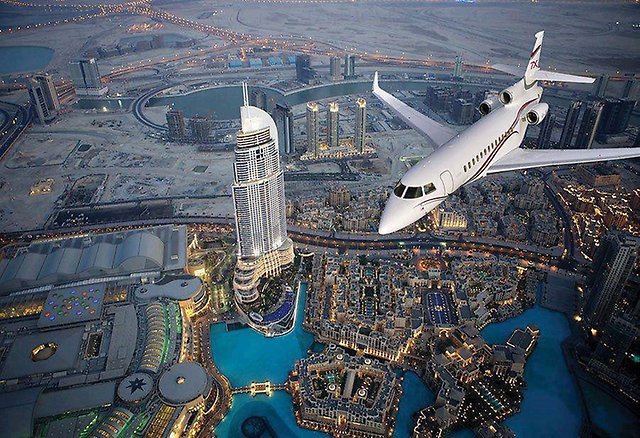Dubai and Moscow markets look to share financial information
By egor Tuesday, 04 April 2017 10:16 AM

The governments of Dubai and Moscow city have held talks over collaboration and information-sharing between their respective financial centres, according to a Moscow government minister. Sergey Cheremin, the head of Moscow’s external economic and international relations department, said talks have been held over Dubai joining a non-profit initiative set up by Moscow to share financial market information, as Reuters reported.
We are very interested in cooperation between financial centres like Moscow and Dubai," said Mr Cheremin, speaking at the Annual Investment Meeting Congress in Dubai yesterday. "In December, we signed the declaration with Frankfurt-Mainz and with Paris to form the international alliance of financial centres. That’s a non-commercial organisation we are going to use as a platform for sharing experience of how to form financial centres and constitute them, how to properly use the most updated financial technologies to provide a synergy effect for financial centres. Because nowadays, it’s a very sophisticated environment."
oscow has also attracted Paris to its not-for-profit body, which Mr Cheremin said the new body is aimed at sharing knowledge and standardising compliance procedures "on a non-politicised basis".
"Unfortunately, with New York and London, because of those sanctions [imposed against Russia in 2014 following its conflict in Ukrainian Crimea] it created huge problems for financial transactions."
He said there were synergies between Moscow and Dubai, as there was little crossover in terms of investment targets.
Moscow is an original financial centre mainly targeted on companies and clients in the CIS, Eurasian Union and eastern Europe. Dubai is the gateway for investments in the Middle East. We are not competing, but we are contributing to each other."
Mr Cheremin also said the two cities could cooperate in other areas such as smart city initiatives and transport investments.
"We are in discussion with Dubai authorities in how to partner in such things like urban planning and strategic planning of the city," he said.
e added that Dubai had shown an interest in some of the Russian capital’s IT applications for city planning, and that Moscow was interested in partnering on developments in transport infrastructure.
Also speaking at the congress, Nikolay Frolov, the head of macroeconomic studies for the Moscow-headquartered Sberbank, said Russia’s economy had turned a corner since "the most protracted recession in modern history", when GDP contracted for eight successive quarters, consumer demand fell by 10 per cent and investment declined by 50 per cent. More recently, the country has posted three successive growth quarters and over the past 12 months the rouble has appreciated against the dollar by 22 per cent.
e said that inflation had been brought down from 17 per cent two years ago to 4.3 per cent at present, which is just above the 4 per cent rate targeted by the Russian central bank for this year.
As a result, Mr Frolov said, there is now much stronger demand from international investors for Russian treasury bonds.
"Currently, 28 per cent of Russian government debt which is rouble-denominated is held by foreign investors," he said.
aleh Al Aroud, the chairman of the Russian Business Council for Dubai and the Northern Emirates, said the UAE remained Russia’s main trading partner in the region and that, despite challenges, the volume of non-oil trade between the two countries increased by 16.6 per cent last year. He said that UAE investors were among the top 10 in Russia, spending more than US$18 billion on infrastructure investments alone.




























Add new comment